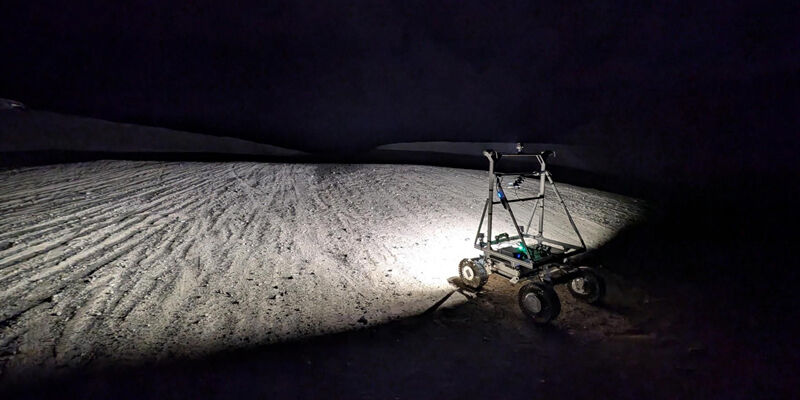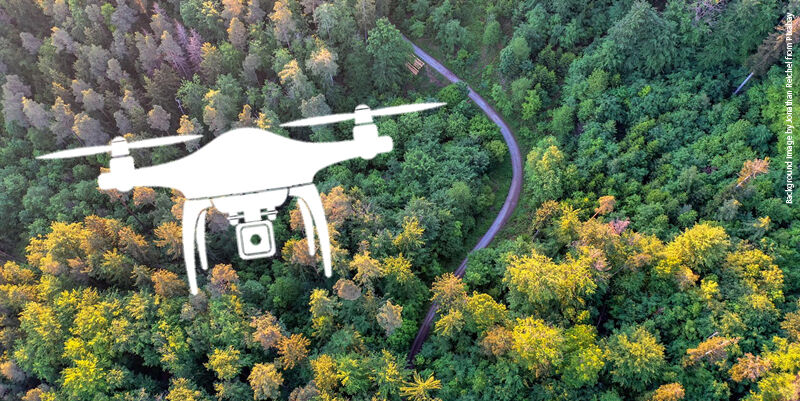Despite availability of a great number of different kinds of information, it is not uncommon that some vital data, like the territory status, is either classified or commercial or missing at all. Creation and application of open geo-data, as well as the Crowdsourcing phenomenon, become increasingly popular in Russia. The creator of the GIS-Lab Maxim Dubinin told about such trends on air of the âVoice of Russiaâ radio broadcasting station.
M. Dubinin: What is open data? It is the data that can be freely obtained, changed, given to another person in original format. Distribution does not have to be non-commercial. The dawn of the movement for open data is of course directly related to the Internet development, therefore the main data distribution environment is the Internet itself.âVoice of Russiaâ: Has such a social activity already helped to resolve some problems?M. Dubinin: Of course. For example, there is an interesting case, connected with the OpenStreetMap service. We are all aware of the Haiti earthquake last year. The reaction of the community was very quick â this is the first point. Secondly, (before the Haiti earthquake) there was no more or less applicable base map that could, for example, be used by the rescue teams. People understood very quickly what should be done. Representatives of different countries, including Russia, have promptly created the required base map. Data could be downloaded to navigators. This information was later used by rescue teams of different countries in their devices. Organizations, providing images used to create base maps, of course deserve respect and recognition by the community.âVoice of Russiaâ: Do we have such examples in our country?M. Dubinin: Yes, we do. For example, there is ScanEx company, which some time ago provided a great number of satellite images. For that moment it was an unprecedented in area coverage move. Russia is a big country and this company provided data covering the area from westernmost territories up to the Urals.âVoice of Russiaâ: But this is not a public participation. This is the participation of professionals, right?M. Dubinin: No. They ensured access to these data (to satellite images), whereas the public started to create additional content based on these data. I mean, open data work as a seed: somebody (not necessarily a commercial organization) puts a seed into a fertile soil. This can be a governmental agency, or a person, who decided to make some of his own data open. The community (based on Crowdsourcing principal) is such a fertile soil. All kinds of people can be part of this community: both specialists and amateurs, who use these data and start to create something new based on such data.Full audio-version of the radio program is available by following link:
For more information visit:
Subscribe to our newsletter
Stay updated on the latest technology, innovation product arrivals and exciting offers to your inbox.
Newsletter

